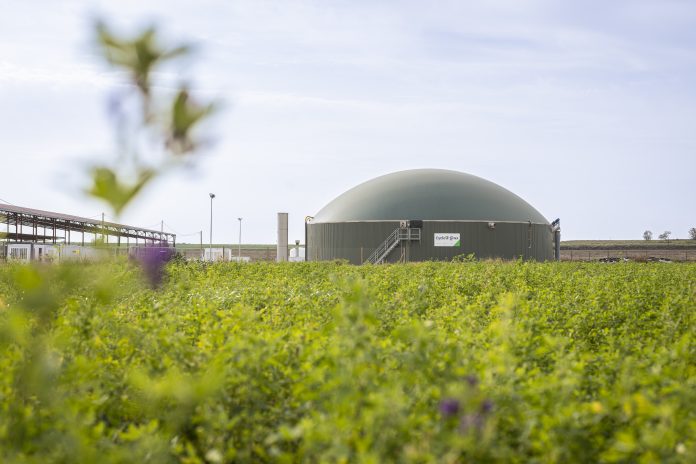In a move aimed at reducing India’s dependence on imported energy and promoting clean fuel, the All India Petrol Dealers Association (AIPDA) has proposed setting up Compressed Biogas (CBG) units at petrol pumps across the country, reports CNBC TV 18.
Ajay Bansal, President of AIPDA, said the idea is to give fuel station owners a chance to produce their own Compressed Natural Gas (CNG) by converting waste into CBG on-site. He explained that petrol pump owners can use 150–200 square yards of their existing space to set up small-scale CBG units.
“These mini plants will include a compressor, cascade, and dispenser, all in one setup,” Bansal said. “The idea is to make CBG using crop stubble, municipal waste, and household garbage. Each unit would require an investment of ₹5 to ₹6 crore.”
Bansal highlighted the urgency of the shift, pointing out the 8–10% annual rise in fuel consumption while India continues to import 90% of its crude oil. “We must start using waste to generate our own fuel,” he said.
India has ambitious plans to establish 5,000 CBG plants that will produce 15 million tonnes of CBG per year—around 40% of the country’s current CNG consumption. The estimated national potential for CBG production is 62 million metric tonnes (MMT), with the added benefit of generating 370 MMT of organic fertilizer as a by-product.
Biogas is produced by breaking down organic waste such as agricultural residue, cow dung, sugarcane press mud, solid municipal waste, and sewage. When purified and compressed, this biogas becomes CBG—a renewable fuel with properties similar to CNG. It can be used in vehicles and in industrial and commercial sectors, especially considering the vast amount of biomass available in India.
The government launched the SATAT (Sustainable Alternative Towards Affordable Transportation) initiative on October 1, 2018, to encourage the use of waste as a resource. The program aims to reduce fuel imports, create rural jobs, cut emissions, and limit the burning of farm and organic waste.
By enabling local fuel production at the pump level, the proposed model could support SATAT’s goals while offering new business opportunities to fuel station owners.














